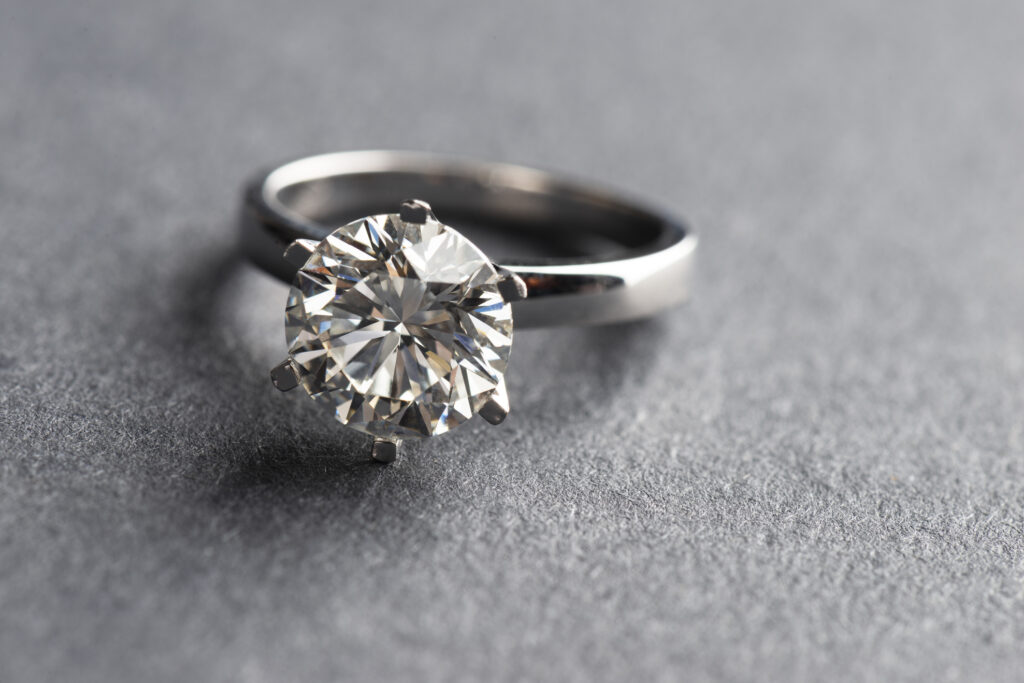
selling Lab grown vs. natural diamonds
Before Selling Your Diamond Ring, Here Are The Differences Between Lab-Grown And Natural Diamonds
Are you looking to sell an old diamond ring? Before moving ahead with the sale, it might be worth taking some time to understand what you have and that all diamonds aren’t created equal. That’s why this post will provide you with all the latest information about natural diamonds, as well as lab-grown diamonds — so that when it comes time to part with yours, you can make sure you are getting the most for your money! From differences in quality to important points of origin, here’s everything you need to know before selling your diamond ring.
The Differences Between Lab-Grown And Natural Diamonds When Trying To Sell Them
When it comes to selling diamonds, it’s important to understand the difference between lab-grown diamonds and natural diamonds. Lab-grown diamonds are made in a professional environment using modern technology, which can be used to replicate even the smallest details of a natural diamond. These lab-created stones usually have fewer inclusions, making them appear more brilliant than their counterparts; however, they tend to cost a lot less due to different factors. By contrast, a natural diamond is mined out of the Earth’s crust, so no two are ever exactly alike – each one will have its own unique set of characteristics and flaws. The rarity of each stone makes them pricier compared to their lab-grown counterpart. At the end of the day, your knowledge on the differences between these two types of stones can go a long way when trying to sell your diamond!
Overview Of Why Lab-Grown Diamonds Don’t Have Resale Value
Lab-grown diamonds are truly stunning and often cheaper than their natural counterparts, but it’s important to understand that lab-grown diamonds don’t have the same resale value as mined diamonds. While they do have some control of the environment they are created in and therefore have a much more consistent grade across stones, labs can’t replicate the billion of years’ worth of development that occurs in the Earth’s mantle that gives natural diamonds their distinct luminescence. So while lab-grown diamonds may make beautiful engagement rings, they won’t hold their value like a naturally occurring diamond if you ever plan to resell them down the line.
Another reason is that lab-grown diamonds are mass-produced and the supply keeps growing.
Benefits Of Having A Natural Diamond For A Long-Term Resell Value
A natural diamond is a truly special thing that can be enjoyed for many years – or even generations! Not only do diamonds offer the ultimate in beauty and elegance, but they are also known to hold their value over time. Natural diamonds are considered rare, which means that as demand increases, so does their resale value. If you want to gain a better understanding of the distinction between lab-grown diamonds and natural diamonds when it comes to reselling values, consider purchasing a genuine gemstone, which will hold its value over time.
Conclusion
When selling a diamond, whether it is a lab-grown or natural, come to Diamond Jewelry Buyers Denver to get the most for it.
